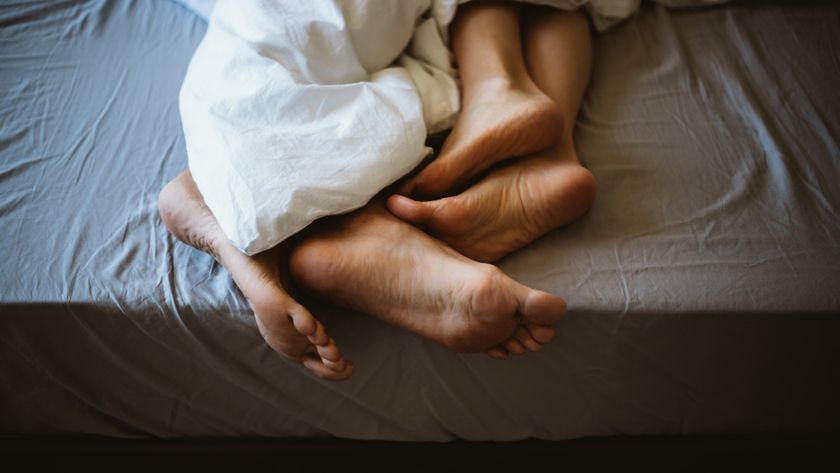Women Cancer Survivors Want More Help with Sexual Issues After Treatments
Women who've survived breast or gynecologic cancer face another challenge after their treatment: They don't get medical help in dealing with their sexual health, even if they want it.
Nearly 42 percent of cancer survivors in a recent survey said they were interested in receiving medical attention for sexual difficulties. These difficulties included lack of desire, body image concerns and difficulty experiencing arousal.
But just 7 percent of the women surveyed said they had sought medical help for their sexual issues.
The barriers to women getting the help they want include feeling too ashamed or guilty to talk to their doctor, and a lack of training and support for physicians in sexual health, the researchers said.
"Some women have the courage to raise sexual concerns with their doctor, although repeated studies show they prefer the doctor to initiate the discussion," study researcher Dr. Stacy Tessler Lindau, associate professor of obstetrics and gynecology at the University of Chicago Medical Center, said in a statement. "Physicians will often empathize with a patient's concerns, but struggle with a lack of knowledge about how to help."
A woman's sexuality is affected by both physical and psychological issues after cancer treatments, Lindau said. "It is critical that physicians caring for cancer patients know that sexual concerns are often physical."
Cancer treatments can bring on physical problems that strain relationships and cause worry, stress and isolation, she said, yet women may "feel like the problem is primarily in their head."
Sign up for the Live Science daily newsletter now
Get the world’s most fascinating discoveries delivered straight to your inbox.
Doctors rarely talk with women about the impact of cancer on their sexuality, the researchers said. "There are few centers in the United States with the expertise to treat sexual problems in women and girls with cancer," Lindau said, and many women also don't discuss the issues with their spouses or partners .
The researchers found that patients between the ages of 18 and 47 were more concerned about sexual issues than older women. However, more than 22 percent of women over 65 in the study also said they wanted medical care for their sexual issues.
They also found that patients whose cancer treatments had ended more than a year ago were more likely to want medical care for sexual issues 47 percent of these women wanted such care, while 32 percent of women still undergoing cancer treatments did.
The researchers surveyed 261 gynecologic and breast cancer patients whose average age was 55. The patients had all visited the same urban academic medical center between June 2008 and March 2009.
The researchers noted that in the treatment of prostate cancer, by contrast, many physicians routinely address concerns about sexual function. The topic is proactively addressed with men before treatment decisions are made, and the discussion continues openly throughout their care at many centers, Lindau said.
The study will be published in an upcoming issue of the journal Cancer.
- Sex After Breast Cancer: Most Survivors Find It Difficult
- 10 Dos and Don'ts to Reduce Your Risk of Cancer
- The 10 Deadliest Cancers and Why There's No Cure
Follow MyHealthNewsDaily on Twitter @MyHealth_MHND.












